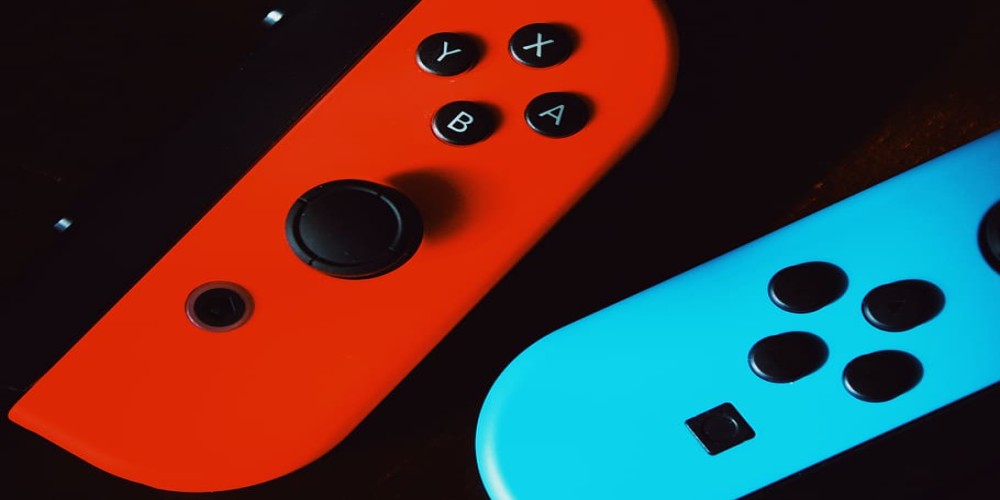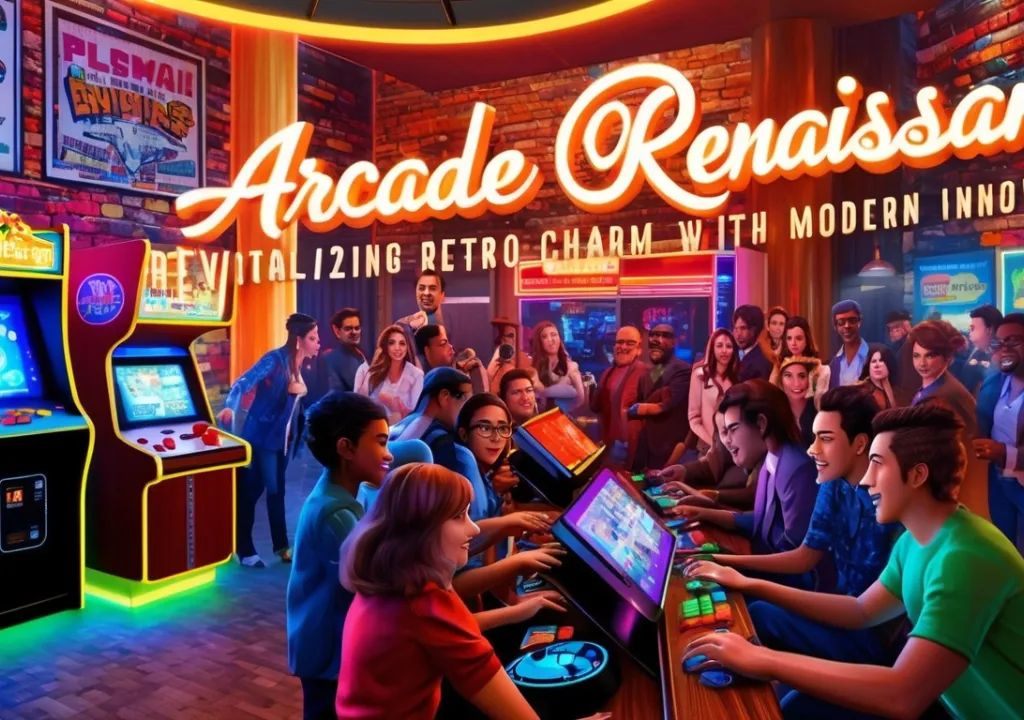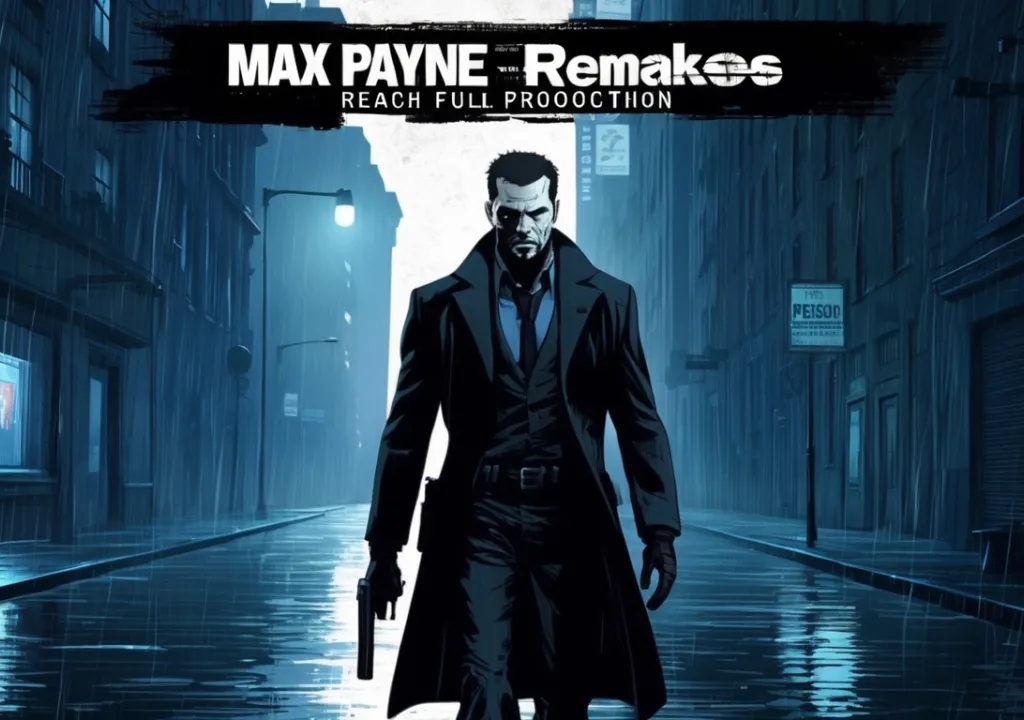
In a bold move to protect its intellectual property, Nintendo has initiated substantial legal proceedings against the developers of Yuzu, a prominent emulation system designed to run Nintendo Switch games on alternative hardware. This decisive action underscores the gaming giant's commitment to curbing piracy, particularly following the unauthorized distribution of their eagerly anticipated title, Tears of the Kingdom. Nintendo's adjudication efforts have previously been successful, exemplified by their 2021 victory against a ROM-distributing site that resulted in a multi-million-dollar settlement.
The spotlight turned to Yuzu when allegations surfaced that its software facilitated the piracy of Nintendo's exclusive titles, including one million unauthorized downloads of Tears of the Kingdom. The emulator purportedly enables users to bypass monetary investments in both the console and the games themselves, presenting a direct infringement on Nintendo’s sales and market. Reflecting on the seriousness of these claims, the lawsuit points to potential losses and the undermining of Nintendo’s business model, which could have long-lasting impacts on the company’s financial health and the broader gaming industry's approach to protecting digital content.
Nintendo's legal documentation paints Yuzu as an enabler of global piracy, a claim that could lead to substantial statutory damages if proven. They assert that the emulator's capacity to decrypt and run Nintendo Switch games is a flagrant violation of copyright laws. This case mirrors Nintendo's history of litigation efforts to preserve its exclusive gaming experiences from unauthorized distribution. The prospect of a successful lawsuit could set a precedent in emulation law and signal to other emulator developers the risks of facilitating copyright infringement.
Yet, the implications of Nintendo's legal challenge extend beyond just Yuzu. Within the emulation community, a shared concern is rising over the potential ramifications for legitimate software development and how fair use may be interpreted in future legal challenges. Legal experts and gaming enthusiasts are closely monitoring the suit, understanding that its outcome may define the boundaries of emulation and intellectual property rights for years to come.
Nintendo's litigation against Yuzu marks a critical juncture in the ongoing conversation around digital rights and piracy within the video game industry. While it aims to defend its products against unauthorized distribution, it also ignites a debate on the limits of emulation. As the courtroom battle unfolds, the repercussions of this lawsuit will likely reverberate across the gaming landscape, shaping the practices of developers, the expectations of players, and the enforcement of copyright laws on a global scale.








